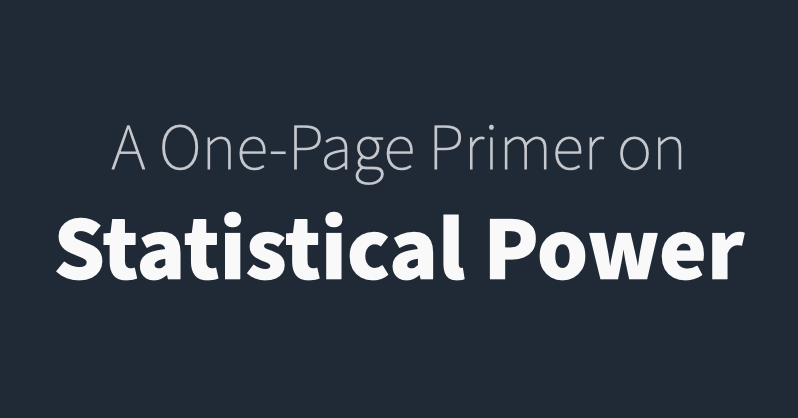
Max Kagan
@max_kagan
Followers
447
Following
6K
Media
33
Statuses
279
Postdoc @Columbia_Biz studying how politics affect companies (and vice versa).
New York, USA
Joined December 2018
Republicans are more upbeat about the economy than Democrats are, but the industries Republicans are more likely to work in are losing jobs.
1
3
5
This project was a multi-year collaboration with @ReubenHurst2 and @JustinFrake. To read more about this measurement and how we created it, you can check out our website here: https://t.co/YYvZjU52AK And read about how the data were constructed here:
0
1
0
We use these data to explore other related research topics, such as: 👉 How much political segregation is there in US workforce? 👉How do employees with different political beliefs react to corporate activism? 👉 How do different companies affect voting turnout?
1
0
0
The dataset we've assembled covers: 📊 24.5M+ workers matched to voter records 🏢534K+ employers 🏭 1K+ industries 📅 2012–2024
1
0
0
The data we’ve assembled allow us to estimate the partisan share of different companies, allowing us to understand how companies within the same industry may differ
1
0
0
But apart from survey data (high level) or information on political donations (helpful, but only cover a small % of people who make donations), there has never been publicly-available data on the partisan leaning of different companies
1
0
0
Many of us may have a sense that some industries and sectors lean more Republican or Democratic
1
0
0
🎉 Tremendously excited to announce the release of VRscores—an open-source dataset for researchers and journalists interested in studying the political lean of different employers.
1
6
12
I wanted to write these short pitches down. Here's a first one on power. https://t.co/YlyaCayMd7
carlislerainey.com
Statistical power is the chance of rejecting the null when it’s false. Why it matters, how to compute it. This is a one-page primer with rules of thumb and key readings.
0
3
12
🚨🚨🚨 The Cooperative Election Study's 2024 vote validation data is now available for download! Microdata here: https://t.co/KOJsaVsM4A Or easy interactive analysis of the data on... vote choice: https://t.co/rSTMOGysYe demographics of voters:
1
22
69
The credibility revolution was good; now we need a statistical power revolution
7
9
99
Wild times for those of us who study corporate sociopolitcial activism
0
0
4
Universities often serve as "anchor institutions" that deeply affect the character of their communities. In a new paper, we (@MikeJAndrews44 / Lauren Russell) ask how (and when) the establishment of a college influences local political and civic life. 🧵 https://t.co/Vt3sxlyQCM
2
23
89
Funny, but also an important reminder that names in campaign finance data are self-reported and as far as I know, no donor has ever been punished for inaccurate disclosures. Caveat investigator!
1
4
8
Just published on APSR First View: Causal Panel Analysis under Parallel Trends: Lessons from a Large Reanalysis Study by ALBERT CHIU, XINGCHEN LAN, ZIYI LIU, and YIQING XU https://t.co/q1w0UfJTDb
0
21
67
Much of my recent research has been thinking critically about whether it is always reasonable to use public campaign finance records as a good way to understand corporate executives' political ideology. So it is pretty striking to see someone "saying the quiet part out loud!"
0
1
12
Here's a fun thing that a top donor to Andrew Cuomo's super PAC just told me.
223
2K
29K










